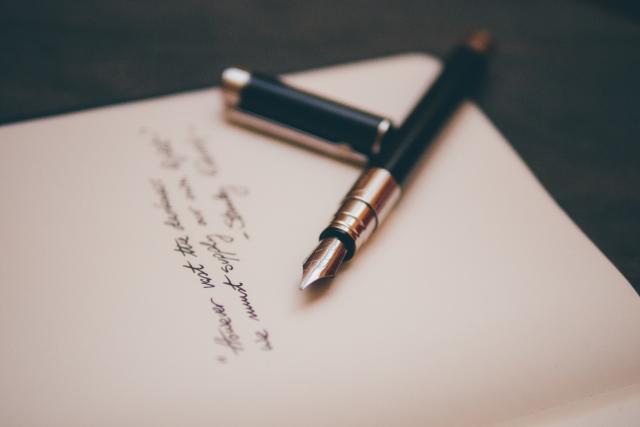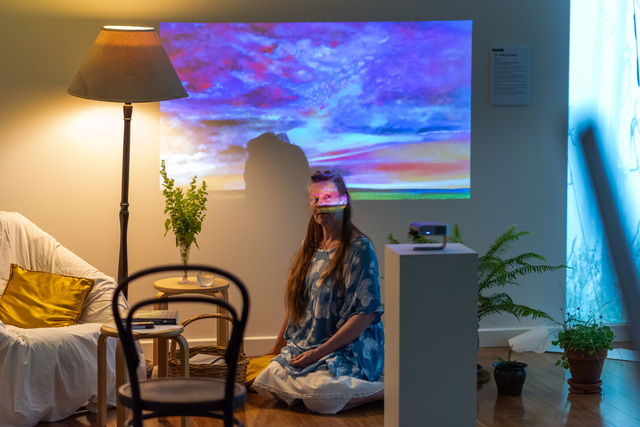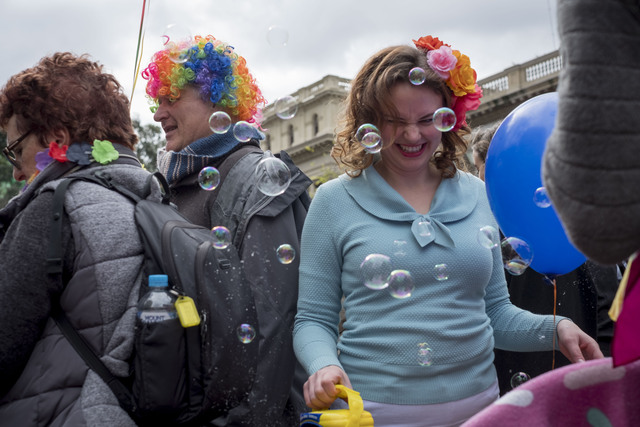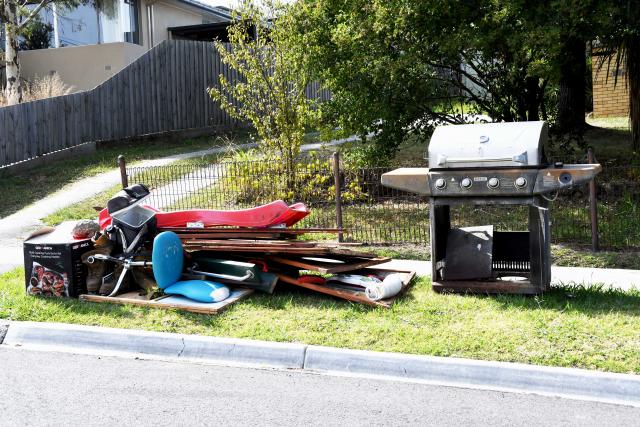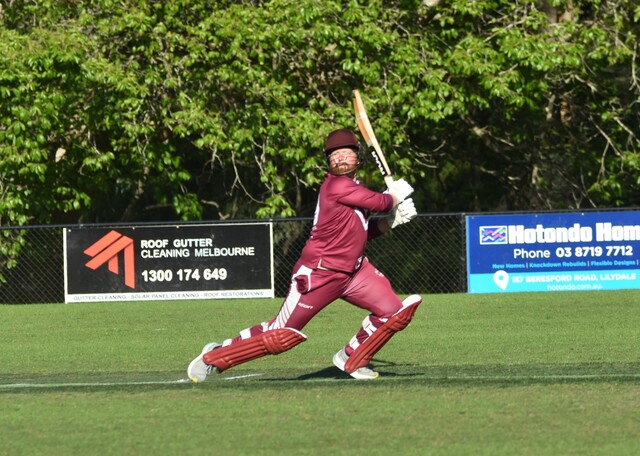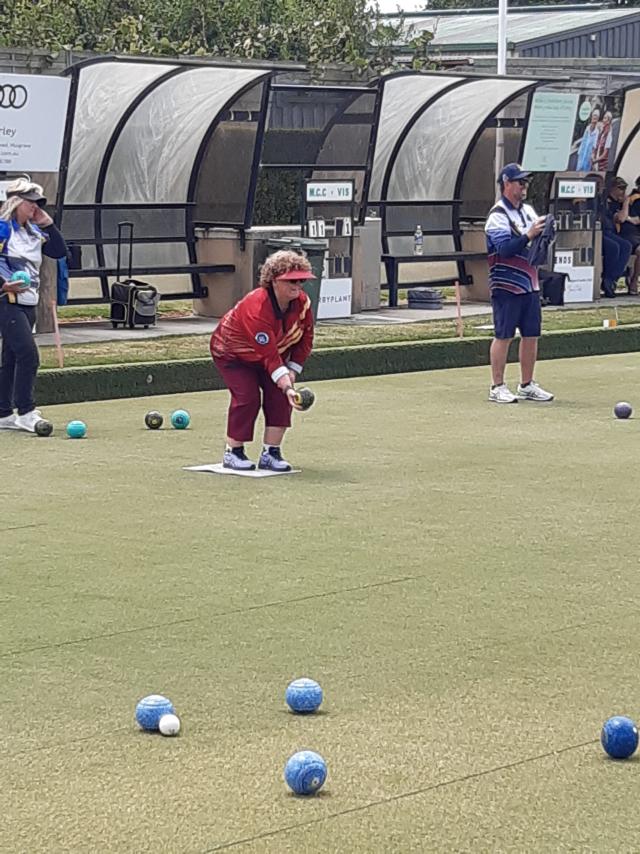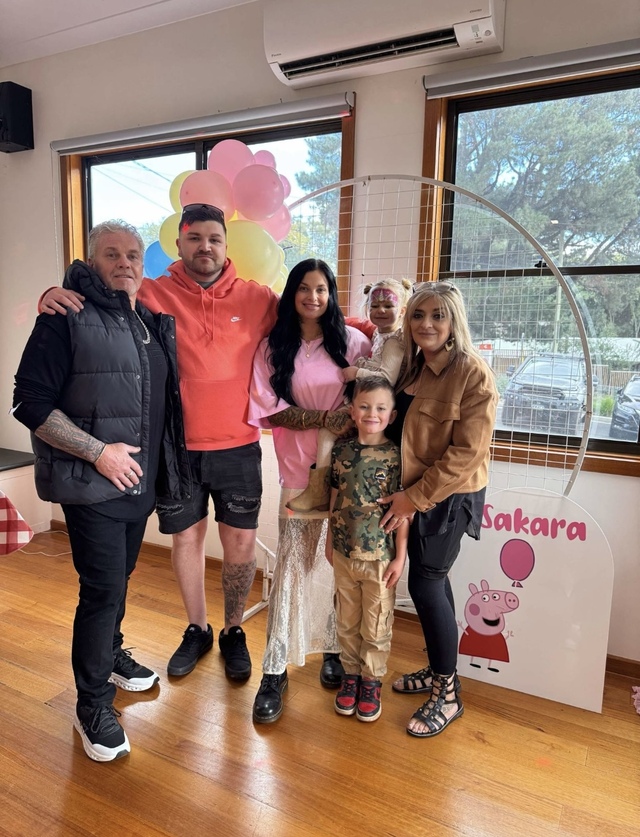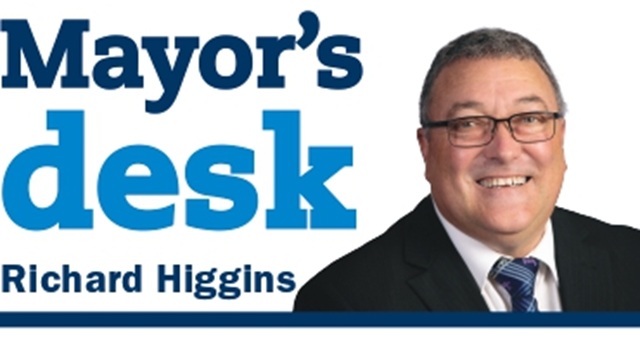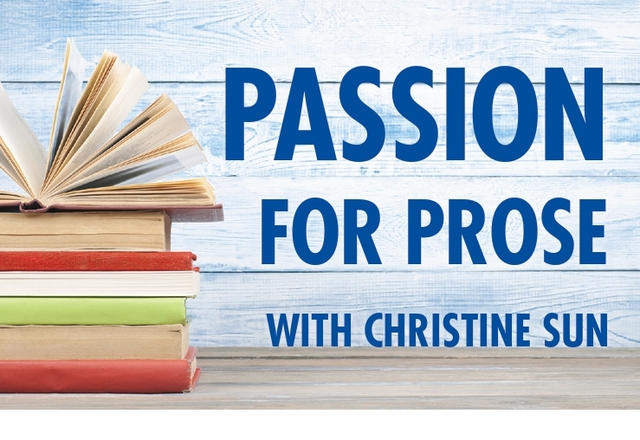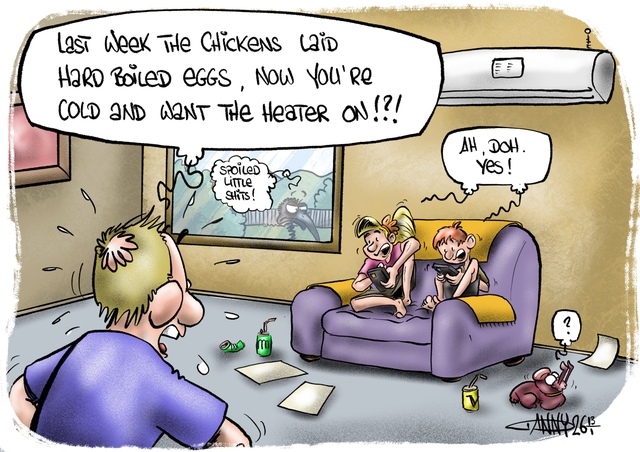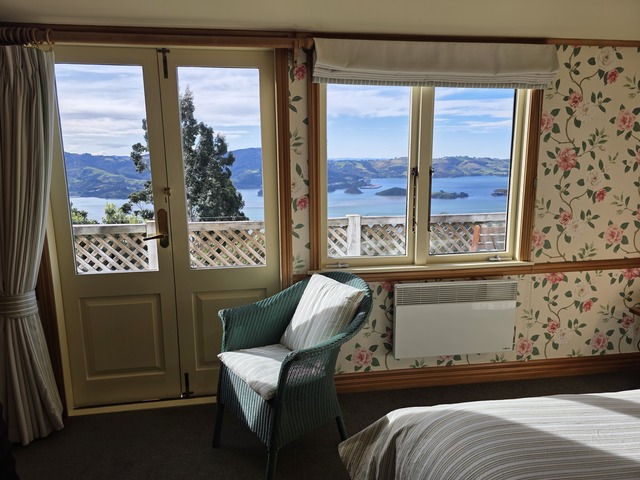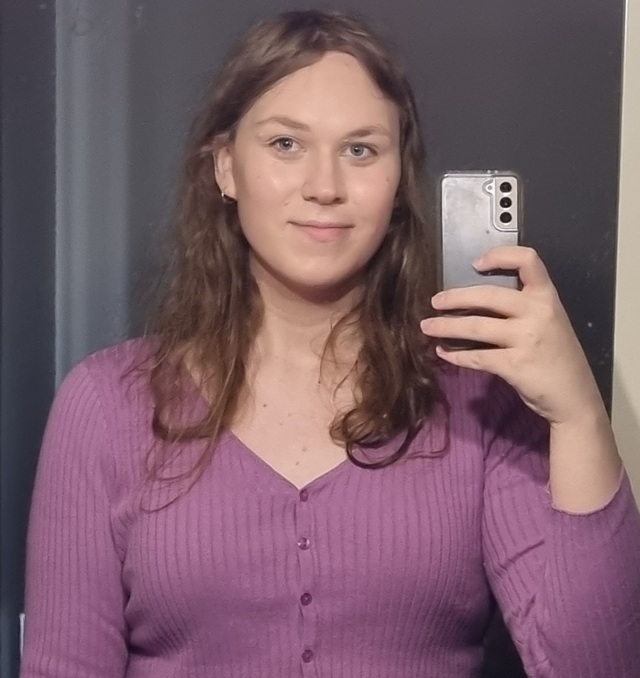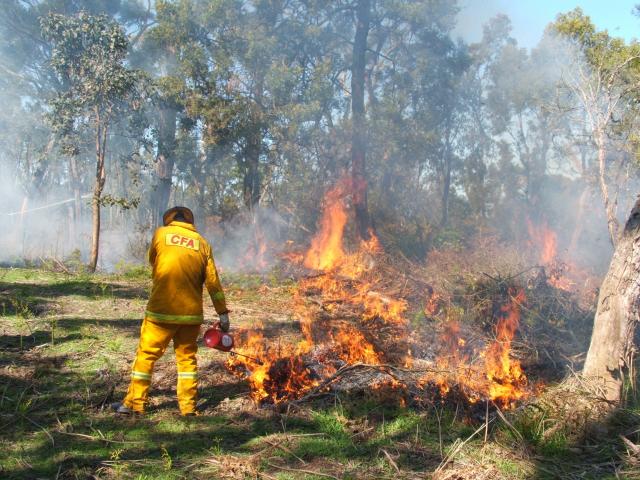At the end of this week we will all be required to vote in a referendum for which many of us are ill prepared and will cast our Yes or No vote most likely on the basis of our political affiliations, prejudices, impact of media coverage (particularly social media), and in most cases with scant understanding of what the Voice will deliver to our indigenous people or how it will affect the lives of all Australians.
In 2017, the Uluru Statement from the Heart called for three things: voice, treaty and truth: a voice to parliament enshrined in the constitution and a Makarrata commission to oversee a process of treaty-making and truth-telling .There is, however, discomfort among both the indigenous and the wider community as to the process of achieving this. Some high profile indigenous want a Treaty before anything else, but truth telling must also take place. The true history of our dealings with those who were here before us needs to be told and owned.
There has been a failure from the Government in educating the public and counteracting the misinformation which always spreads like a virus. The old shibboleth from Mabo about ordinary Australians’ backyards being in danger of repossession has surfaced again. As Australians we do not have a tradition of debating/ discussing substantive issues, and while endless analyses of sporting events are acceptable, it’s regarded as a social faux pas to engage in talking about politics.
The Yes vote has according to the poll been lagging behind the No vote. A weary electorate still in recovery from the pandemic and now battered with mortgage and cost of living stresses is not receptive to hearing about ‘closing the gap’ of indigenous disadvantage. After all, they say, haven’t we already poured millions and millions of money in addressing the health, education and violence problems with apparently little result? And why do some succeed while others remain in generational poverty?
It is true that there is a growing well educated and well to do indigenous middle class: in academia, business and particularly in the arts and there are eleven indigenous members of Parliament. But the health, education and social problems of rural and remote communities remain still unsolved. Groups like Just Reinvent appear to be addressing the causes of crime in places like Bourke but on any day of the year 50 per cent of those incarcerated across Australia are Indigenous. Alcohol fuelled violence and crime persists in centres like Alice Springs.
It is too simplistic to dismiss issues to do with health, incarceration, suicide, life expectancy with admonishments such as don’t commit crimes, change your lifestyles and so on, ignoring generations of disadvantage, exploitation and ingrained victimhood. It also ignores alienation from traditions. As Noel Pearson put it:
Recognition is not just about disadvantage, it’s about our languages, our culture, our history, recognition of our art, of all of the good things we can contribute to the country.
Many indigenous writers and poets have followed in the footsteps of Oodgeroo Noonucccal aka Kath Walker who in 1970 published the poem, An Appeal, where she called on statesmen, writers, unions, churches, the press and the white community to take on the Indigenous cause. What she asks for still holds today: leadership from the government, truth from our writers and poets, justice from the unions, Christian love and support from the church, advocacy from the press and most importantly acceptance and understanding from white Australians: On you our chiefest hopes depend.
Now the multi- talented Baker Boy from Arnhem Land has become a powerful role model for young Indigenous as he raps his way into mainstream prominence with a message for them to embrace their culture and become leaders in their communities
You wanna be as good as me? Boy, you better practice
Step back, feel the power of my blackness
You wanna be as good as me? Boy, you better practice
Step back, feel the power of my blackness
The vote every Australian casts on October 14th should be a considered vote based on whether you believe the proposed Voice would indeed improve the lives of our fellow indigenous Australians for the better or whether it merely puts in place another level of bureaucracy with no tangible benefits and perhaps some unintended consequences of resentment of perceived bias towards one section of our community over another.
An Appeal:
Statesmen, who make the nation’s laws,
With power to force unfriendly doors,
Give leadership in this our cause
That leaders owe.
Writers, who have the nation’s ear,
Your pen a sword opponents fear,
Speak of our evils loud and clear
That all may know.
Unions, who serve democracy,
Guardians of social liberty,
Warm to the justice of our plea,
And strike your blow.
Churches, who preach the Nazarene,
Be on our side and intervene,
Show us what Christian love can mean
Who need it so.
The Press, most powerful of all,
On you the underprivileged call:
Right us a wrong and break the thrall
That keep us low.
All white well-wishers, in the end
On you our chiefest hopes depend;
Public opinion’s our best friend
To beat the foe.

